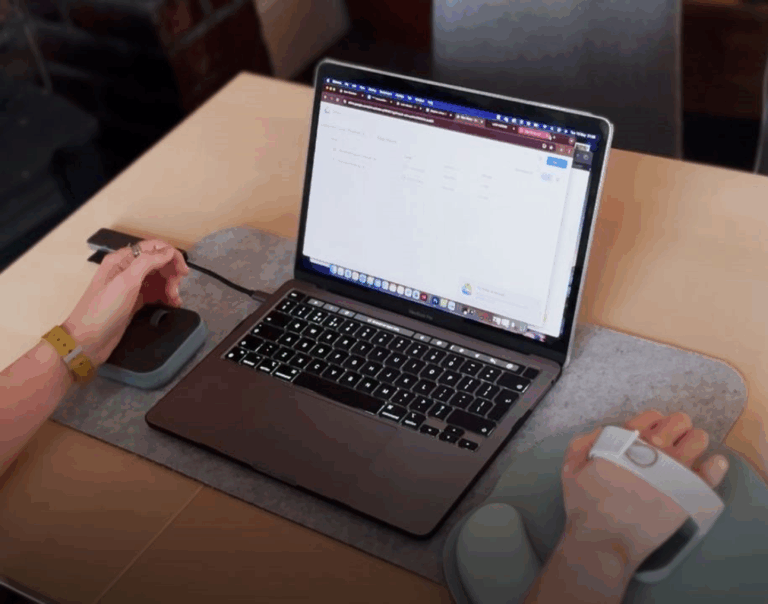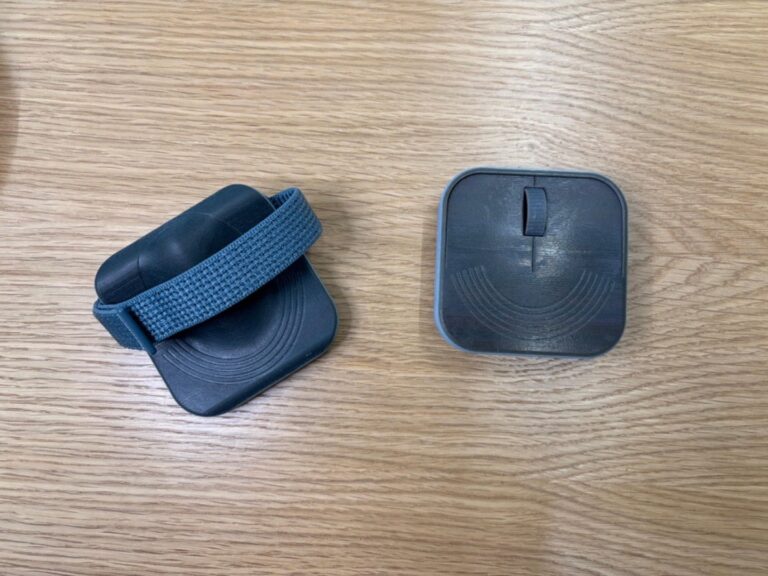
Compensation when the claimant is a minor or protected party
Children and adults who lack litigation capacity (known as ‘protected parties’) should still be able to claim fair compensation and have access to justice, but what do they do if they are unable to represent themselves due to their age or mental state?
The law allows a ‘litigation friend’ to act on behalf of a child or protected party in court proceedings. At Bolt Burdon Kemp LLP, we are experts at supporting litigation friends through this process.
Litigation capacity
If someone lacks mental capacity, it means they are unable to make decisions for themselves, but litigation capacity is a bit more specific. It depends on whether the person can make decisions for themselves in court proceedings.
There are many reasons for why someone might lack litigation capacity. Children lack litigation capacity due to their age. Adults might also be unable to make decisions in court proceedings. This could be for many reasons, such as:
- A serious brain injury
- An illness, such as dementia
- Severe learning disabilities
When an adult’s litigation capacity is in doubt, a medical expert will be instructed to test whether the person:
- understands the information relevant to the decision
- retains this information
- uses or weighs that information as part of the process of making the decision, or
- communicates their decision
If the person fails the above test, they are considered to lack litigation capacity.
People who do not have litigation capacity, either in the short-term or long-term, are classified by the law as ‘protected parties’.
Becoming a litigation friend
A ‘litigation friend’ is the person who acts on behalf of the child or protected party bringing the legal claim.
Usually, the litigation friend is a family member or friend. To become a litigation friend, they (or their solicitors) must complete and send documents to the court, including a ‘Certificate of Suitability’.
An official solicitor can also be appointed by the court to act as the litigation friend.
Duties of a litigation friend
The duties of a litigation friend include:
- Making decisions in the best interest of the child or protected party
- Keeping the child or protected party informed about what’s happening with their claim
- Communicating with the solicitor
- Pay any costs ordered by the court (although these can be reclaimed at the end of the case if the court deems the incurred expenses to be reasonable)
Time limits for bringing claims on behalf of minors and protected parties
In England and Wales, there is a strict time limit for bringing a personal injury or clinical negligence claim for compensation. The claim must generally be brought within three years from the date of the incident or negligence.
However, this time limit applies differently to claims brought by children and protected parties. In the case of minors, the time limit only starts running when the child reaches 18 years of age.
For protected parties, the three-year time limit begins when the person regains litigation capacity. Nonetheless, as capacity can fluctuate, it is best to bring the claim as soon as possible.
Conclusion
We know that bringing a legal claim on behalf of yourself or someone else is never easy. Therefore, our solicitors offer clear advice, guidance and support to make the process more manageable for litigation friends, while achieving the best possible outcomes for the litigation friends’ loved ones.









